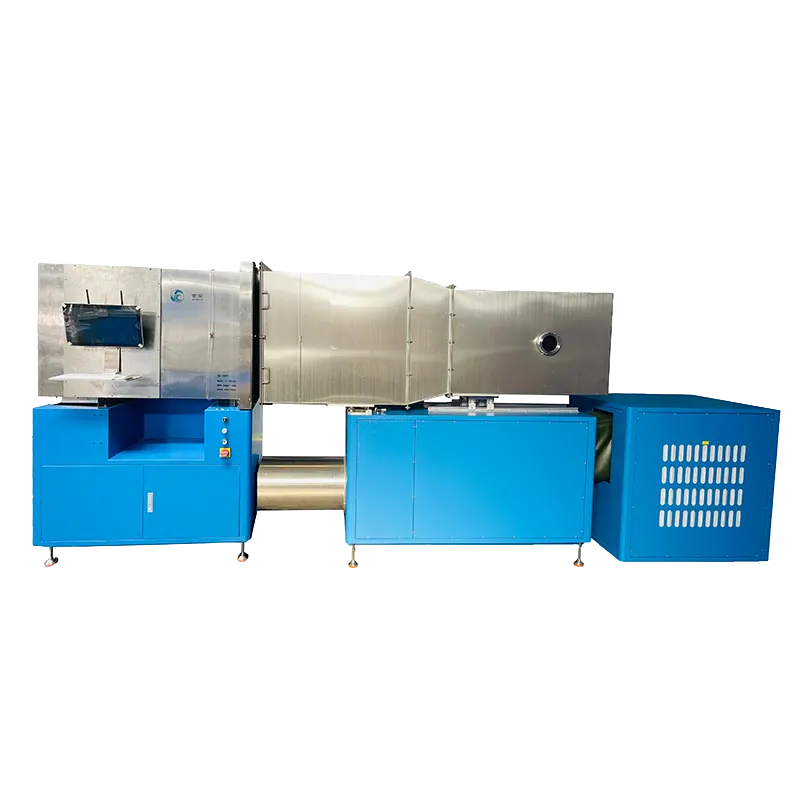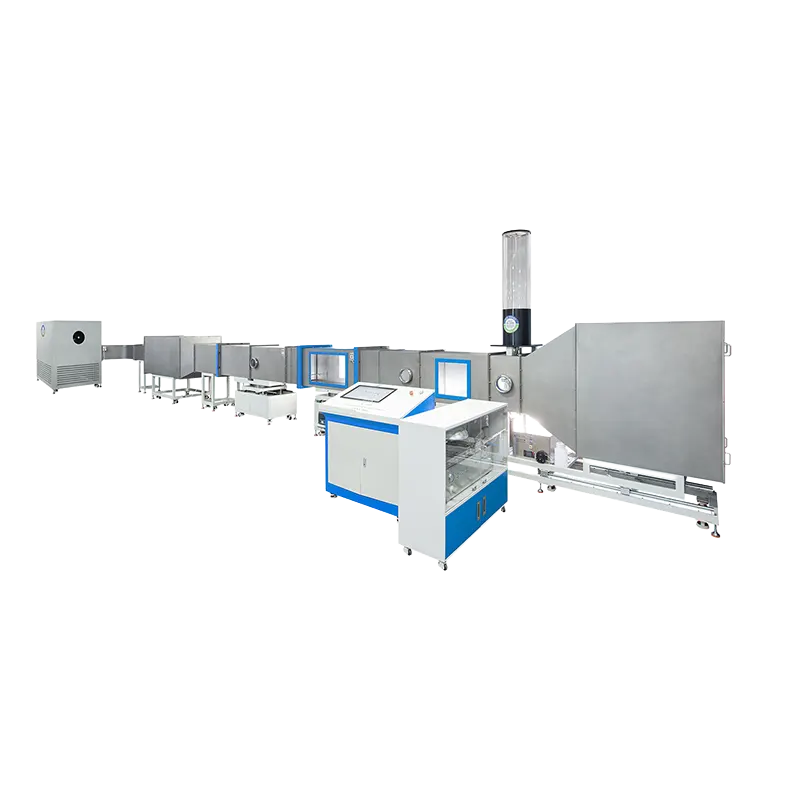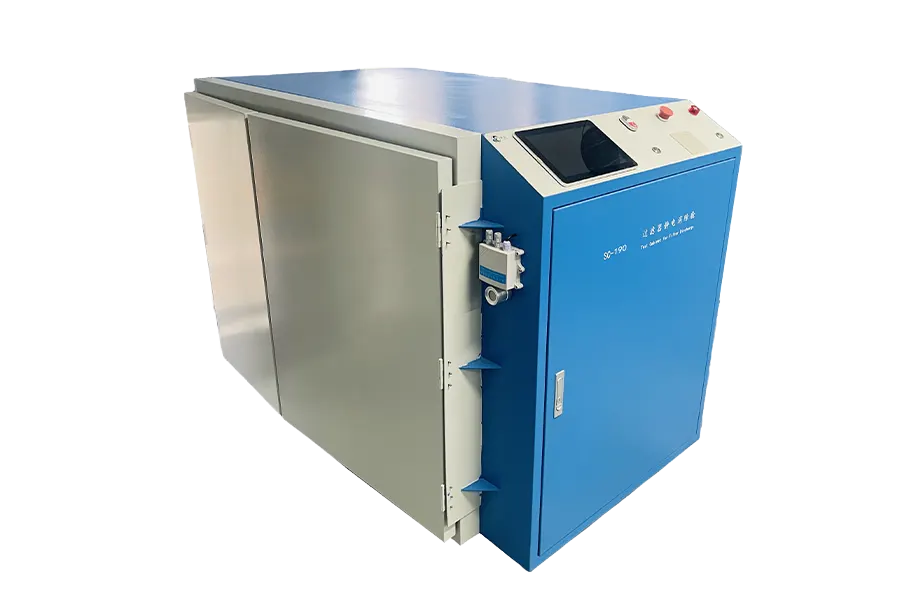Built for Standards. Proven in Production
Automated air filter testing systems engineered for ISO & EN compliance —
built to run in factories, not just laboratories.
- Engineered Testing Software
- Designed for 24/7 Industrial Operation
- ISO & EN
- IS0 & EN Multi-Standard Integration
Specialized Manufacturer Of Air Filtration Testing Equipment
With a 70% market share in China, SCPUR is the trusted partner for over 1,000 manufacturers worldwide. We are dedicated to advancing the science of filtration testing. By integrating proprietary analysis software with industrial-grade hardware, we provide comprehensive solutions for filter media, HVAC, HEPA/ULPA, and automotive validation. Our systems are engineered to ensure strict compliance with ISO 16890, ASHRAE 52.2, EN 1822, ISO 29463, ISO 5011, and beyond. Whether for high-throughput Quality Control or in-depth R&D, we empower manufacturers to deliver verified performance to the market.
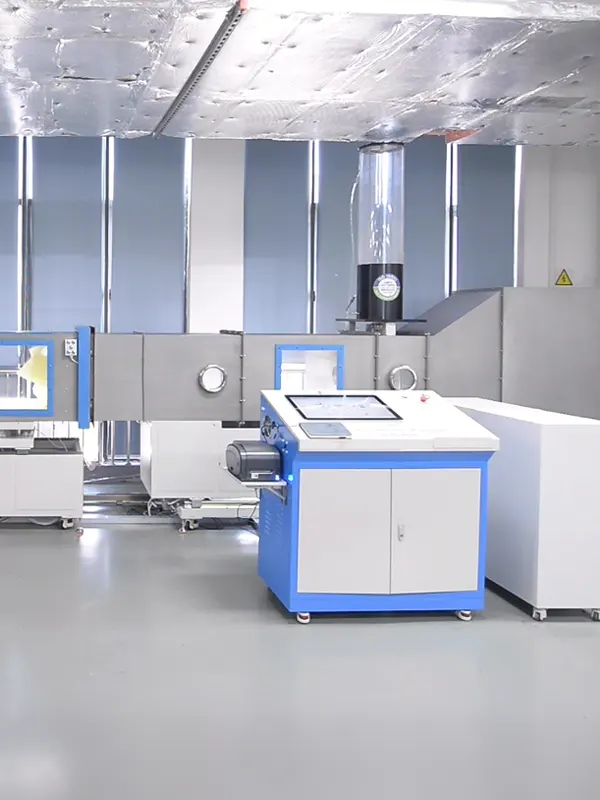
Comprehensive Filtration Testing Equipment Portfolio
Covering full spectrum from raw filter media analysis to finished air filter assembly testing.
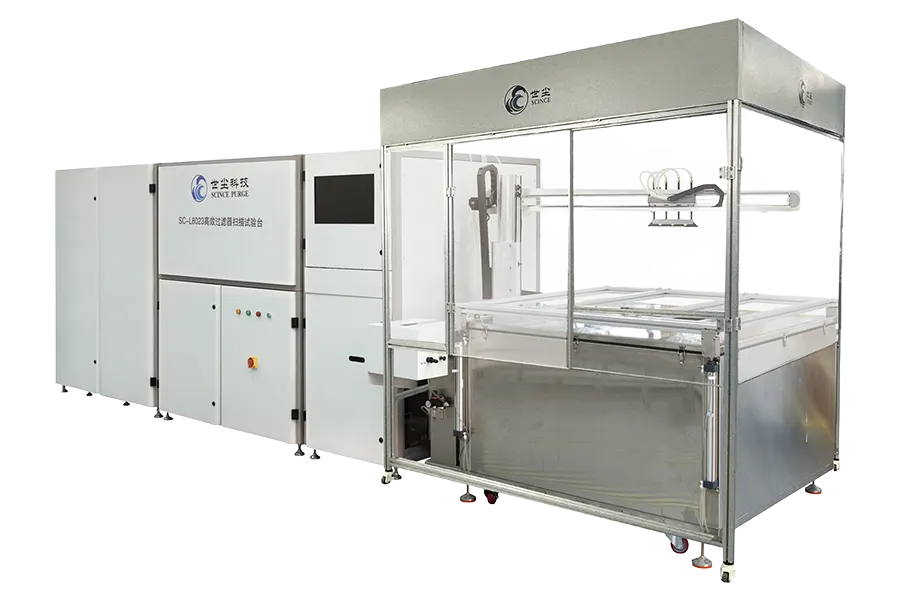
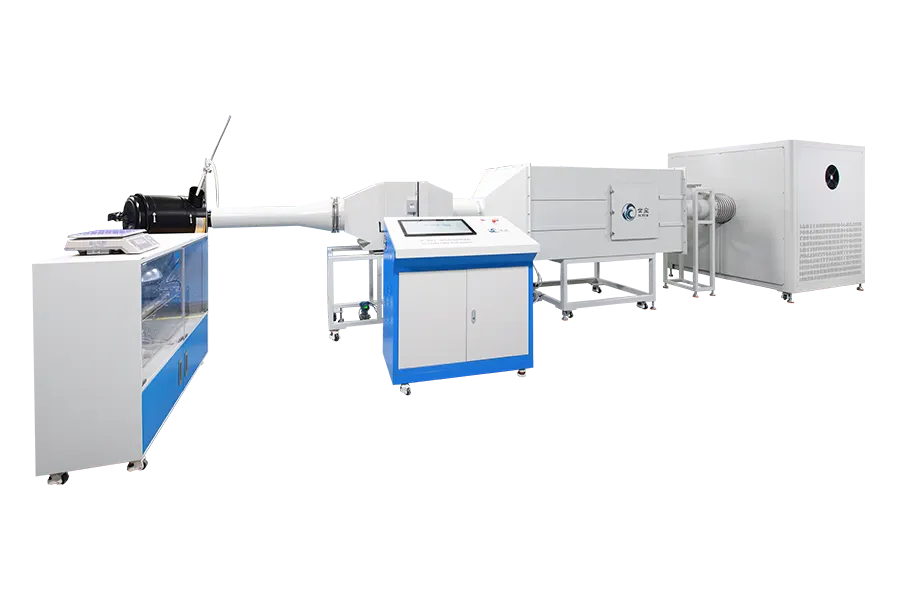
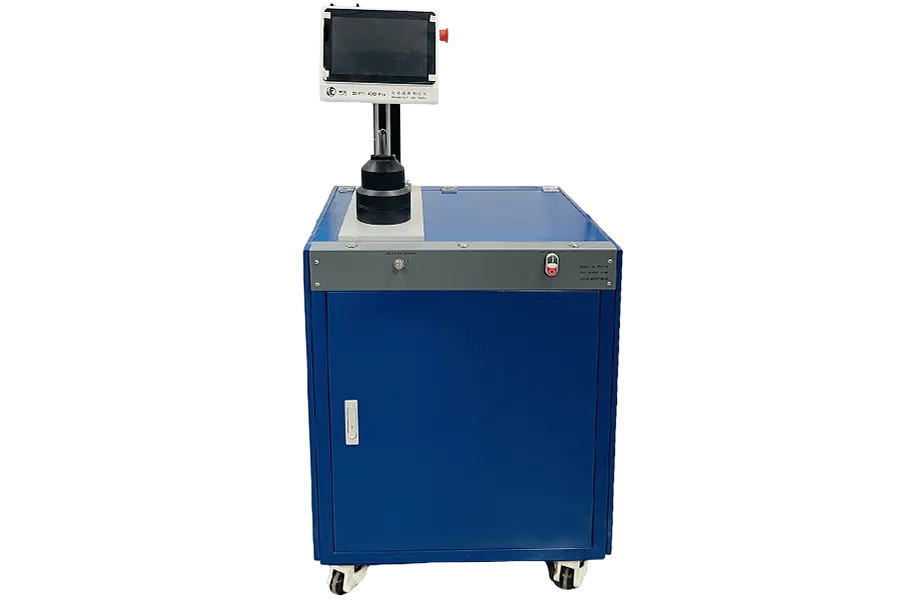
Comprehensive Filtration Testing Equipment Portfolio
Covering full spectrum from raw filter media analysis to finished air filter assembly testing.
Tailored Testing Solutions
Addressing specific challenges in high-speed quality control, product development, and global standard compliance

High-Throughput Production >>
Increase testing capacity without sacrificing data stability through automated flow control and sequence locking.

Multi-Grade Platform >>
Cover F6–H14 grades with a single unified system to reduce equipment investment and operational complexity.

Quantitative Leak Repair >>
Transform subjective leak detection into a quantitative closed-loop process for verifiable repair.

Dust Loading & Lifetime >>
Eliminate human error in non-repeatable long-cycle tests through software-locked procedures.

Batch Stability Analysis >>
Turn raw test data into process insight by identifying the root causes of quality variation.

Custom Engineering >>
Make non-standard products testable through specialized fixture design and airflow engineering.
Innovation, Manufacturing and Global Support
Delivering value through proprietary innovation, rigorous manufacturing standards, and dedicated customer care.
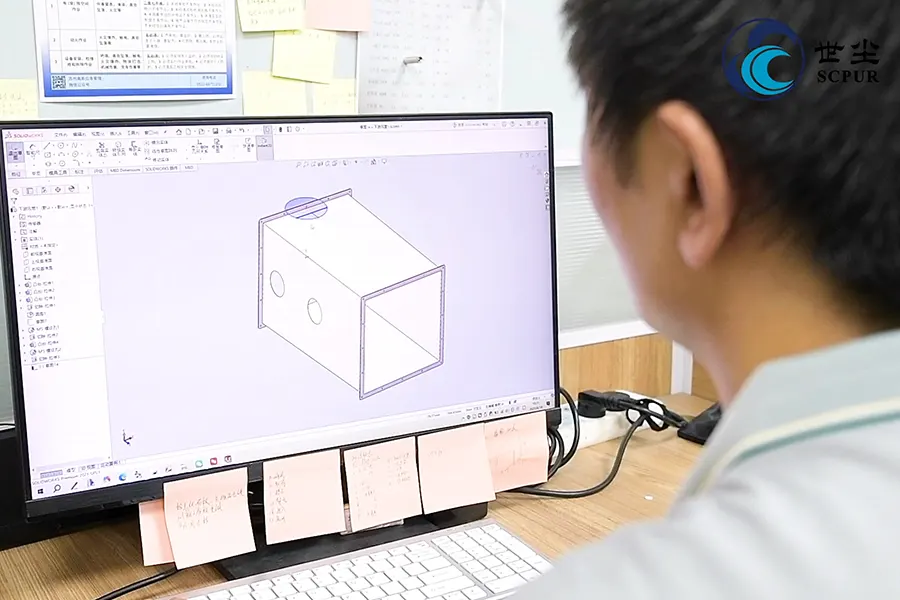
Manufacturing Excellence
State-of-the-art production facilities ensuring rigorous quality control, system stability, and standardized components for easy maintenance.
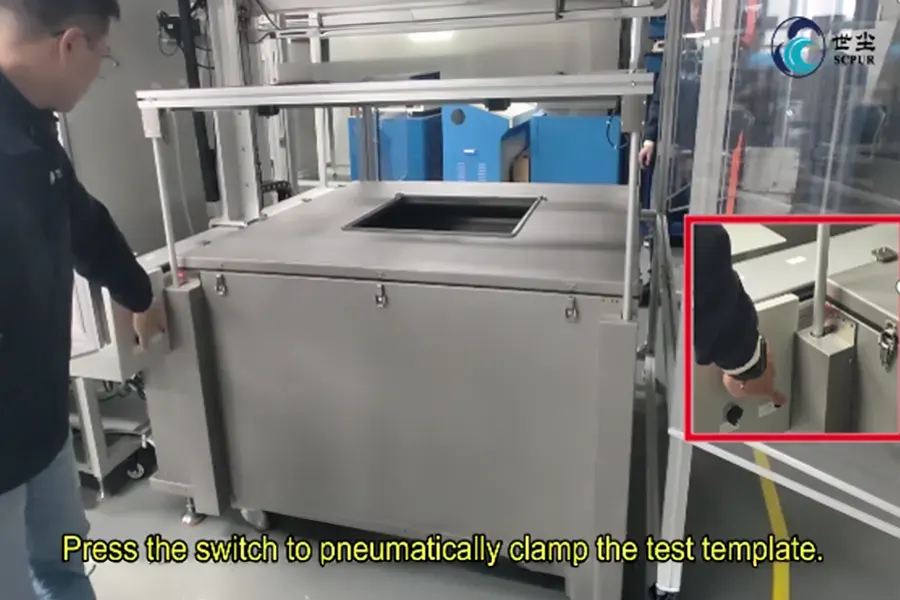
Core Technology And R&D
Leading the industry with 100% self-developed software that enables automatic calibration and high-precision data analysis for reliable validation.
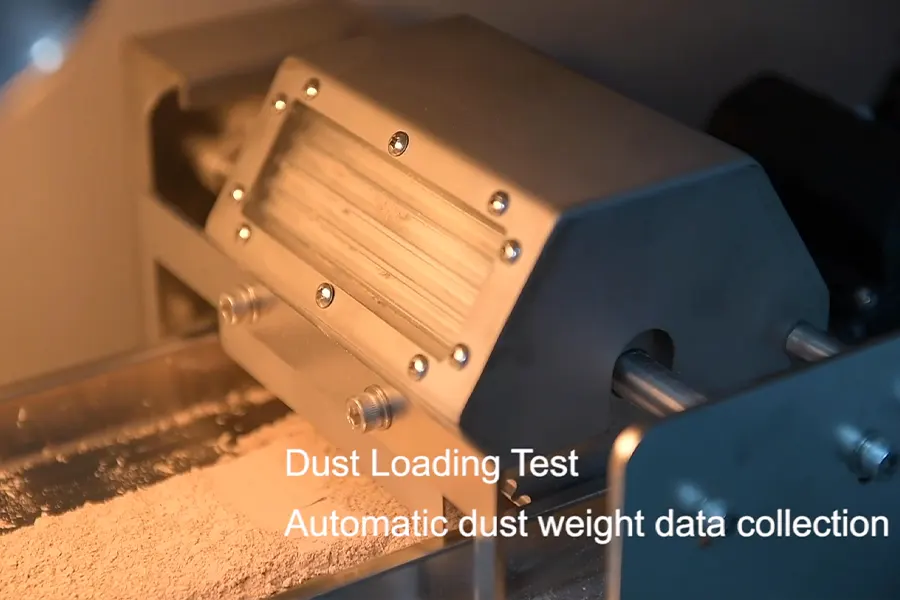
Global Service Support
Efficient support featuring remote calibration, multi-language training materials, and rapid troubleshooting to minimize downtime.
Certifications and Standards Compliance
Verifying our commitment to quality through ISO management systems, CE safety markings, and authoritative industry accreditations.
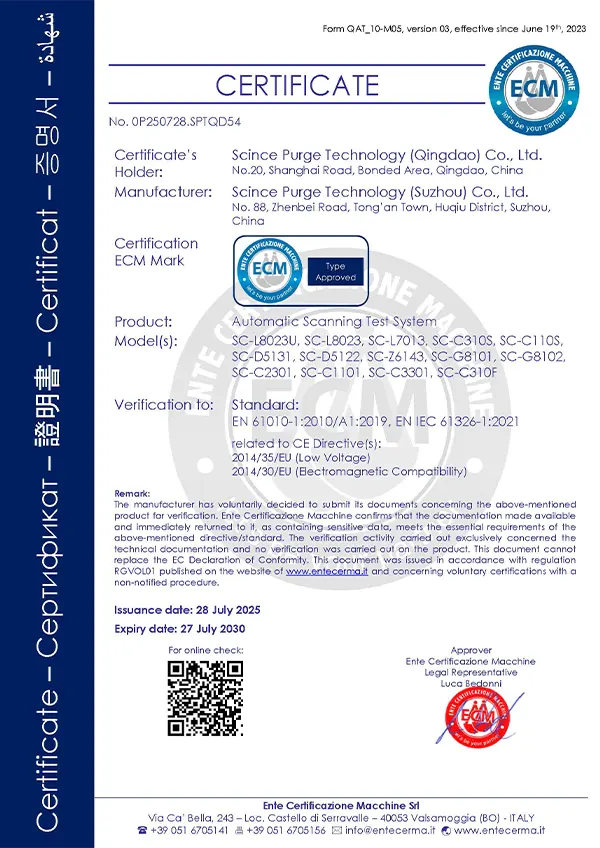
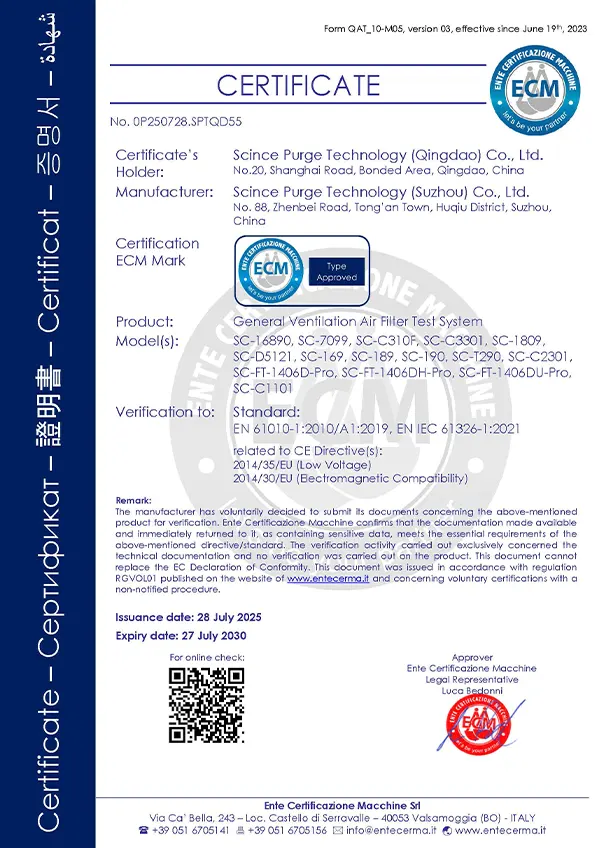
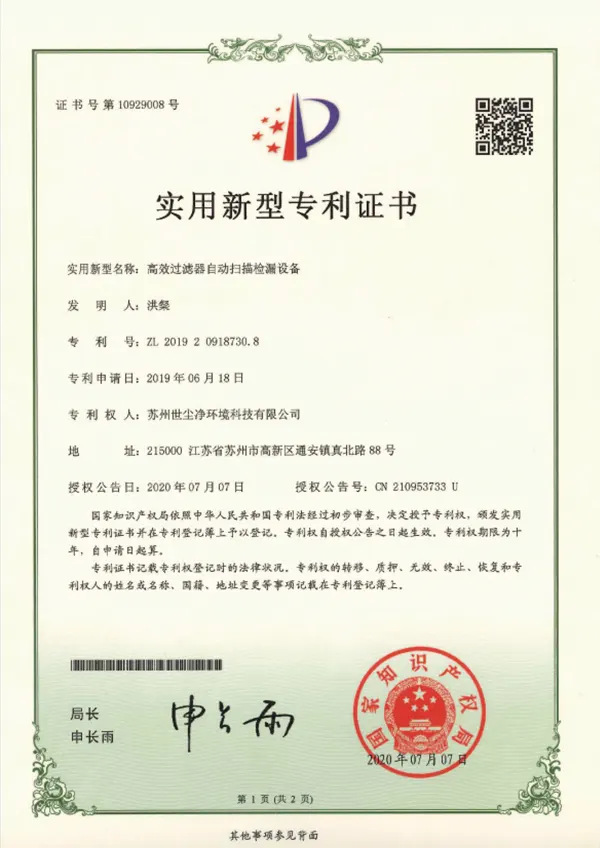
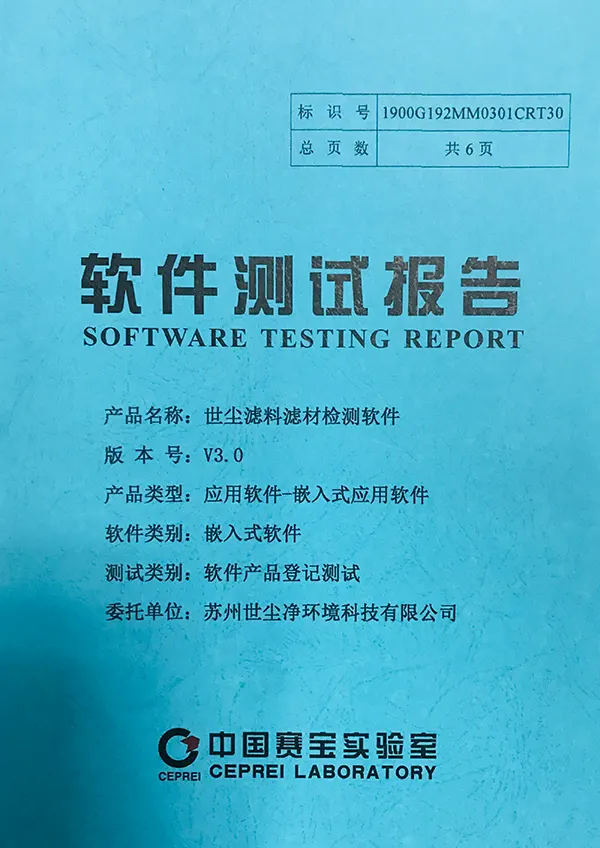
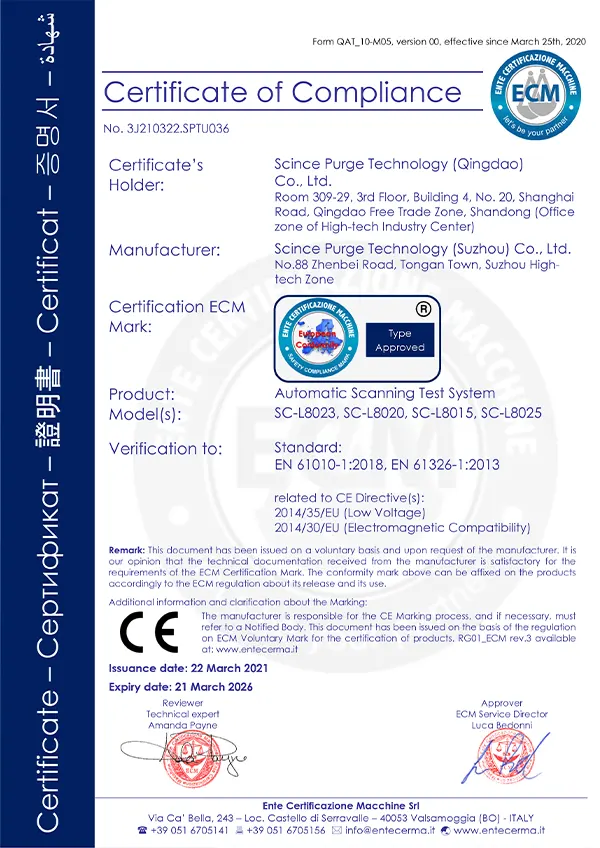
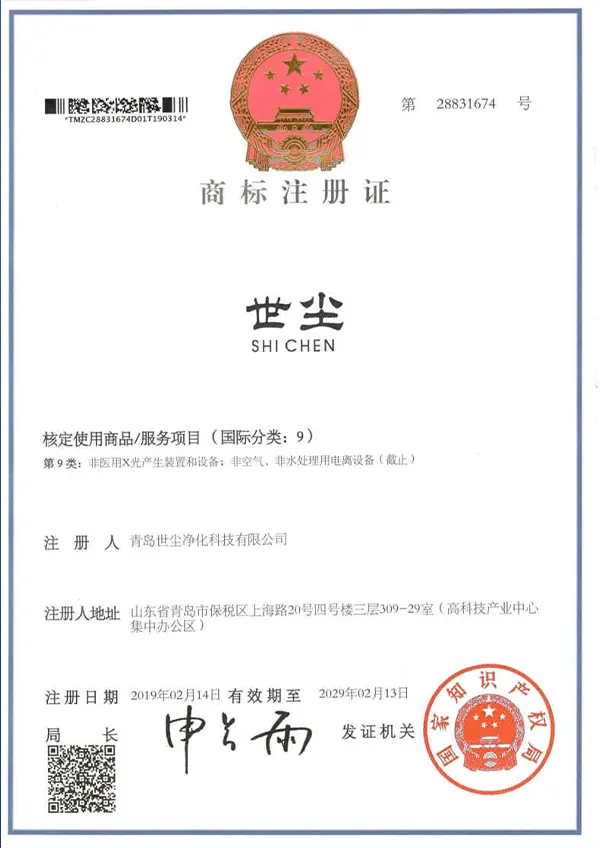
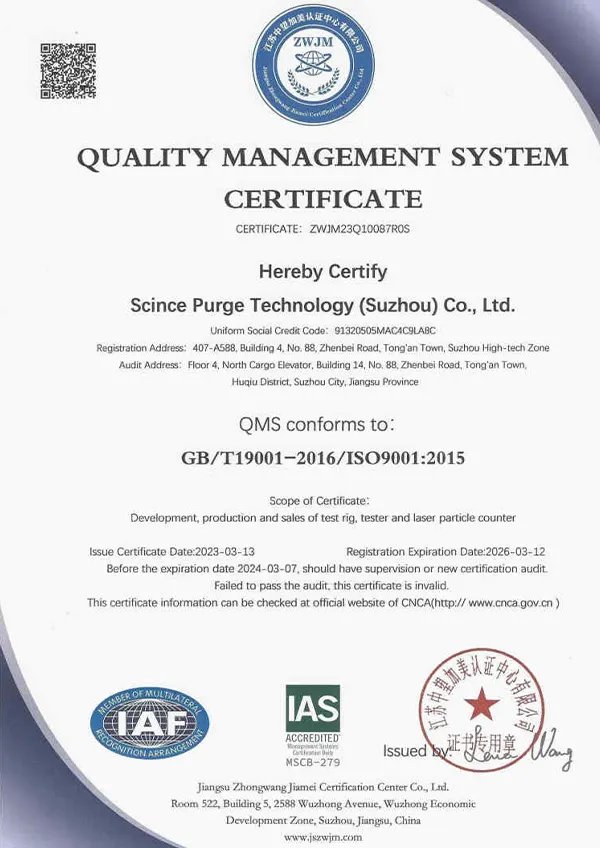
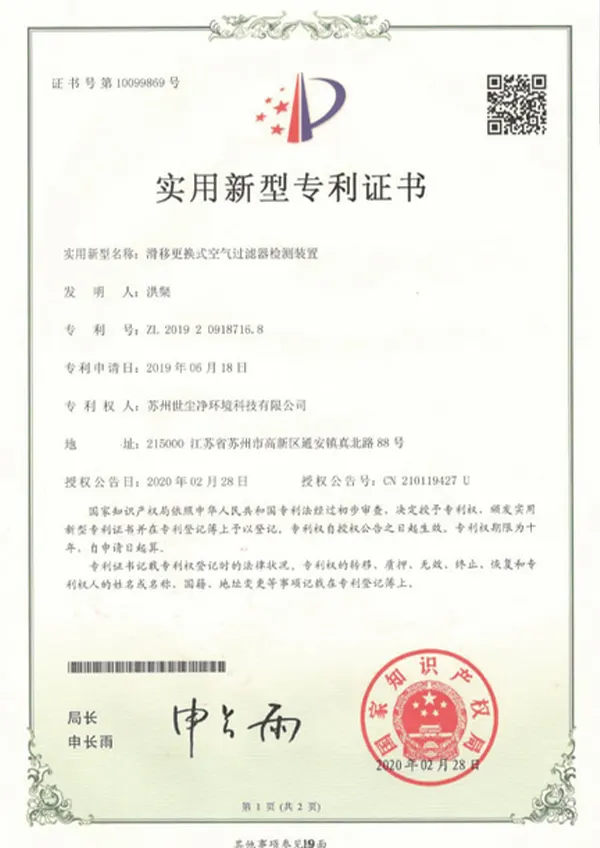

Your Strategic Partner For Filtration Excellence
At SCPUR, we believe that accurate data is the foundation of a cleaner world. Our journey began with a simple yet ambitious goal: to redefine the standard of filtration testing through technological precision.
Today, we stand as a beacon of innovation, continuously evolving our proprietary technology to stay ahead of global industry changes. We are not just a vendor; we are a dedicated team of engineers and visionaries committed to helping you build safer, more efficient products for the global market.
Global Reach, Proven Performance
From China’s dominant market leader to a trusted partner for 1,000+ manufacturers worldwide. Precision knows no borders.
- Proprietary Analysis Software
- 24/7 Continuous Operation
- Multi-Standard Integration

Latest Insights & News
Blog-3
Lorem ipsum dolor sit amet, consectetur adipiscing elit. Aenean euismod bibendum laoreet. Proin gravida dolor.
Blog-2
Lorem ipsum dolor sit amet, consectetur adipiscing elit. Aenean euismod bibendum laoreet. Proin gravida dolor.
Blog-1
Lorem ipsum dolor sit amet, consectetur adipiscing elit. Aenean euismod bibendum laoreet. Proin gravida dolor.

